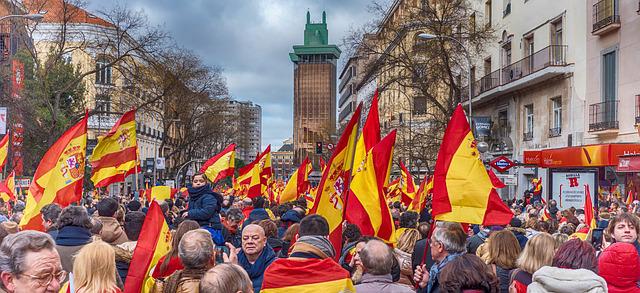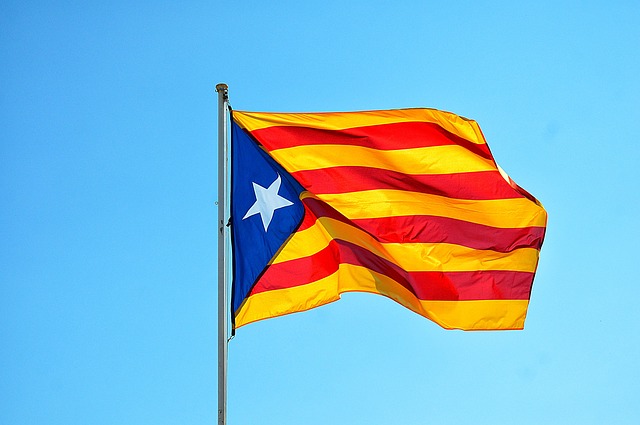Spanish and Catalan are both languages spoken in Spain. You may have heard that there are different languages within Spain, such as these, or others. But what are the differences between these languages? Are they interchangeable, or do you need to know two (or more) languages to travel throughout Spain? This article will discuss the Spanish and Catalan languages as well as other languages in Spain to help you prepare to travel to Spain or to learn languages spoken in Spain.
When preparing to travel to Spain, you will quickly discover that there are other languages alongside Spanish mentioned. You may be wondering if you have made a mistake or if you have learned the wrong language in order to travel to Spain.
Rest assured, you will be able to travel to Spain and have a wonderful time by just knowing Spanish.
First, let us make sure that we understand what all the different names mean, as it can get quite confusing very quickly.

Understanding The Difference Between Spanish, Catalan, Castilian, And Basque
There are several words that sound similar that need to be understood before understanding the differences and similarities between them. Spain has a rich history that is too complex to go into for the purposes of this post. If you are interested in understanding more about the history of Spain and its regions, I would heartily recommend that you spend some time reading into it. It is extremely interesting!
Catalan: A language that is spoken in Catalonia, which is a region in Spain.
Castile: A region in Spain, which, when all of Spain as we know it was united, ensured that its language was imposed on other regions. Today, for all practical purposes, there is no difference between the names ‘Spain’ and ‘Castile’.
Castilian: Another word for the Spanish language. This is the official language that was used by the Spanish government and the official language was also the language that was used in Spanish colonies, including Latin America. To keep things simple, this language will be referred to only as Spanish.
Basque: A separate language to Spanish and Catalan, spoken in a region in Spain. This region can be considered culturally and linguistically different from the Spanish and Catalan regions, though some Basques may consider themselves both Spanish and Basque.

Are Catalan And Spanish The Same Language?
Catalan and Spanish are separate languages, and while Spanish is spoken across most of Spain, Catalan is primarily spoken in the Eastern and Northeastern areas of the country. There is some cross-over in that many speakers of Catalan can also speak Spanish. The number of Catalan speakers in Spain is roughly 20% of the population – about 10 million Catalan speakers, which is why this language is discussed the most.
It is important to note that Catalan is also spoken in other countries, including Andorra, southern France, and a small section of Italy.

Can Catalan And Spanish Speakers Understand Each Other?
Although Catalan is a different language, its speakers also learn Spanish and so have no trouble understanding Spanish speakers. However, when speaking Catalan, it is difficult for Spanish speakers who do not know Catalan to understand it very well.
It is possible that with some effort speakers of the two languages can understand each, however for Spanish speakers, this is more likely in the sense of understanding the gist of a conversation, rather than the specific words and nuances. It also means that it would be difficult or impossible to join the conversation.
The level of understanding possible is made easier again if those individual speakers have other romance languages such as Portuguese or Italian under their belt. It also depends on the type of Catalan that is being spoken, as some areas speak a more traditional version that is harder to be understood as compared to others.
Aside from the spoken language, written Catalan is easier for Spanish speakers to understand through it may take some time.
- The Ultimate German Pronunciation Guide

- Why German Literature is Essential for Language Learning

- Peculiar Facts About The German Language You May Not Know

- Why Are German Students So Good At Languages (Explained)

- Is The German Language Dying?

- How Easy Is It To Live In Germany Without Knowing German?

- 5 Great Reasons Why The German Langauge May Be Great For You To Learn

- 5 Interesting Aspects Of The German Language You Should Know

- Is German A More Efficient Language Than English? (Answered)










